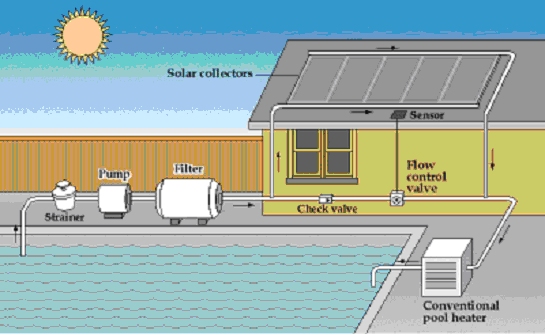The next step for the material, which relies on a newly developed reactive polyamide resin, is specific application in the automotive industry.
On March 9 in Germany, SGL Group – The Carbon Company (Wiesbaden) and the BASF (Ludwigshafen) annouced the successful conclusion of joint research into a new composite material system as an important development step in a collaboration that aims to enhance the cost-effectiveness of manufacturing carbon fiber/thermoplastic composites in injection procedures, specifically thermoplastic resin transfer molding (T-RTM) and reaction injection molding.
The resulting composite is based on a reactive polyamide system and compatible carbon fibers. A carbon-fiber surfacing agent — or sizing — specially designed for the matrix system as well as tailored thermoplastic reactive systems means that lightweight structural components for the automotive industry can now be manufactured quickly and easily.
The collaboration between SGL Group and BASF was launched back in October 2012. On the basis of the now-complete material research, the transfer of the special systems made from carbon fibers and matrices into specific applications of customers in the automotive industry is reportedly now under way.
Tailored solutions
As part of this collaborative project, SGL Group developed a new sizing formulation for the carbon fibers. In addition, special processes for manufacturing carbon-fiber-based textiles such as fabrics and braidings were also developed. To produce Non-Crimp-Fabrics (NCF), special threads are used that enable processing in the reactive polyamide system.
BASF's role in this project was to process SGL Group's newly developed carbon fibers using the T-RTM technique and to characterize them comprehensively both chemically and mechanically. The BASF research team is continuing to work intensively on the development of caprolactam-based thermoplastic reactive systems.
"The interaction of all components is of central importance for innovative composites based on reactive polyamide," Tilo Hauke, head of research at SGL Group. "With its extensive material knowhow, SGL Group brought a range of tailored solutions for sizings and fiber processing to this collaborative project."
Josef R. Wünsch, head of Structural Materials and Systems Research at BASF adds, "In close collaboration with plant manufacturers as well as tiers and automotive OEMs, we are working on the development of robust polyamid 6 carbon fiber composite systems. The mechanical characteristic values arising from the interaction of the fiber and matrix are crucial input parameters for our simulation tool, Ultrasim."
We are currently working intensively on enhancing our simulation expertise for reactive systems," he continues, "so that we can provide our customers with expert support for part design and optimization."
Unique material properties
Thermoplastics-based carbon fiber composites combine the properties of carbon fibers, such as high rigidity and low weight, with the familiar processing advantages of thermoplastics, allowing them to be formed, recycled and welded. This helps make carbon fiber technology an even more viable proposition for large-scale production in a number of different applications.
Further information about BASF is available on the Internet at www.basf.com.
Further information about SGL Group can be found in SGL Group’s newsroom atwww.sglgroup.com/press or at www.sglgroup.com.
Johns Manville has an extensive range of synthetic and glass fiber nonwovens designed to meet your technical needs and bring value to your application. Whether your project requires strength, efficiency, a sustainable solution or all of the above, JM will strive to deliver the benefits you require. We will guide you through applications, markets and our product offerings to help ensure you find the right nonwoven solution for your needs. We can tailor our products and solutions to deliver what you require. As the solutions we manufacture for you need to comply with applicable standards and regulations, we have established manufacturing capabilities and customer service units on three continents. It is our goal to give you the highest level of confidence throughout every stage of the process.
We build environments™. For more than 150 years, Johns Manville has focused on developing materials to make diverse environments stronger, more durable, and more energy efficient and comfortable. We manufacture premium-quality building and mechanical insulation, commercial roofing, glass fibers and nonwoven materials for commercial, industrial and residential applications. JM products are used in a wide variety of industries including building products, aerospace, automotive and transportation, filtration, commercial interiors, waterproofing and wind energy.Through our 7,000 global employees, JM provides products to more than 85 countries and operates 44 manufacturing facilities in North America, Europe, and China. Since 1988, JM’s global headquarters has been located in downtown Denver.



